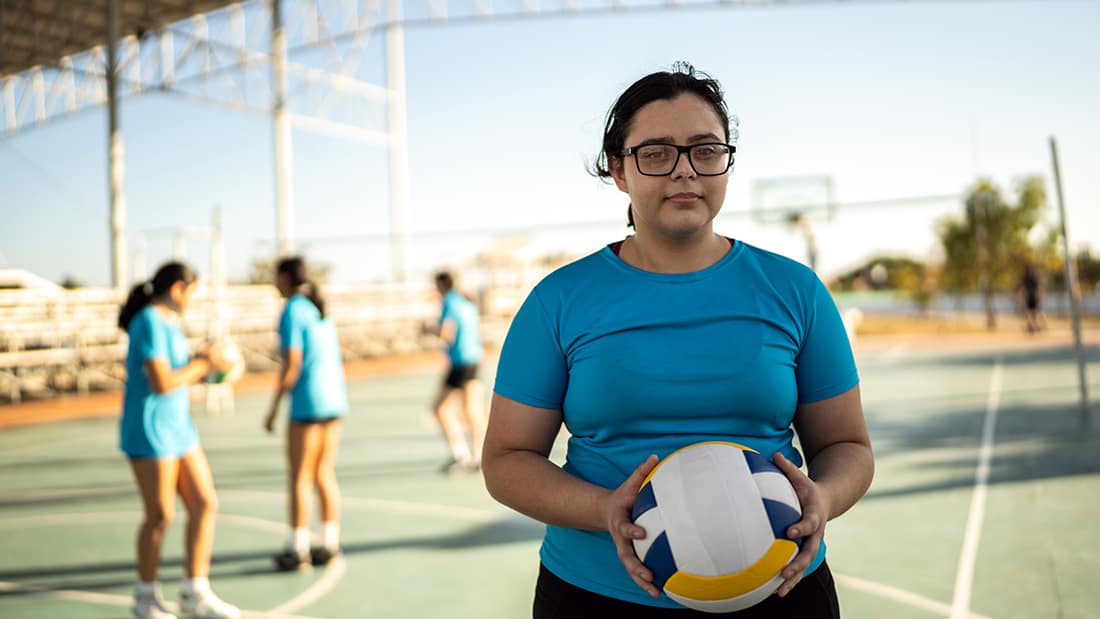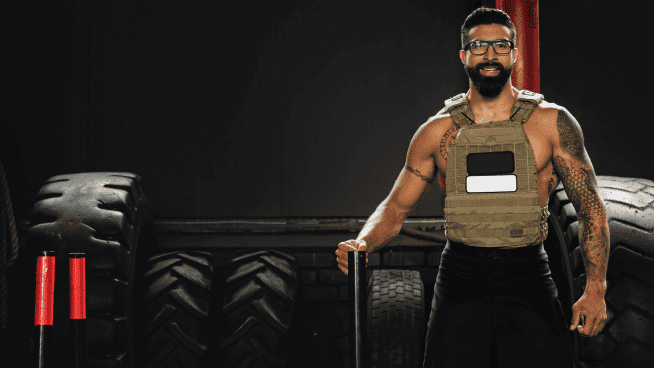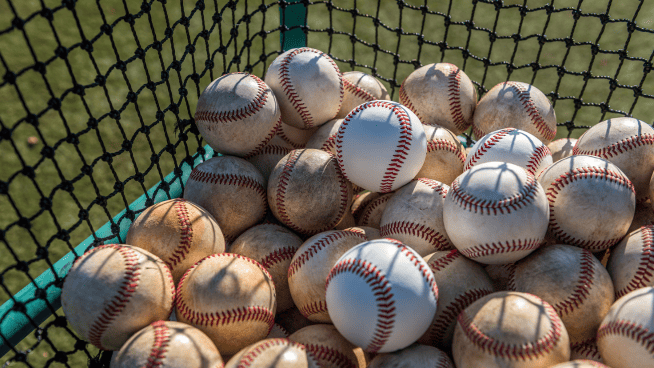5 Most Common Nutritional Deficiencies in Athletes
Nutritional deficiencies can negatively affect how athletes perform. STACK talked to sports dietician Leslie Bonci to find out which macronutrients athletes are most commonly deficient in. Bonci laid out the top five vitamins and minerals that are lacking in most athletes.

1. Vitamin D
Athletes can become deficient in vitamin D because they wear too much sunscreen or clothing that blocks the sun, making them unable to convert vitamin D from sunlight to an active form in their body, or because they don’t eat foods with vitamin D, such as milk or eggs. A vitamin D deficiency can weaken an athlete’s muscles and bones. To fix the issue, consider taking a vitamin D supplement. To ensure that vitamin D supplement is going to good use, you may also need to take a magnesium supplement.
2. Calcium
Calcium is important for bone health and muscle contraction. If an athlete doesn’t regularly eat dairy food products, it can be hard to get the calcium nutrition he or she needs. Besides eating more dairy food, athletes can take calcium supplements.
3. Iron
Athletes lose iron when they sweat, use the bathroom or even when their feet strike the ground. If an athlete is deficient in iron, he or she should eat more iron-rich foods (e.g., red meat, seafood, spinach) or take and iron supplement.
4. Potassium
Potassium is found in a wide range of foods so there ‘s little or no need to take a supplement. Potatoes have about 800 mg of potassium. Bananas and oranges have about 400 mg of potassium. Having enough potassium is critical for heart health and muscle contraction.
5. Fiber
No one likes an upset stomach. That’s why having enough dietary fiber is important. Athletes can get the fiber they need from cereal such as Fiber One or Raisin Bran. Also there is a good amount of fiber in fruits, vegetables and beans.
READ MORE:
RECOMMENDED FOR YOU
MOST POPULAR
5 Most Common Nutritional Deficiencies in Athletes
Nutritional deficiencies can negatively affect how athletes perform. STACK talked to sports dietician Leslie Bonci to find out which macronutrients athletes are most commonly deficient in. Bonci laid out the top five vitamins and minerals that are lacking in most athletes.

1. Vitamin D
Athletes can become deficient in vitamin D because they wear too much sunscreen or clothing that blocks the sun, making them unable to convert vitamin D from sunlight to an active form in their body, or because they don’t eat foods with vitamin D, such as milk or eggs. A vitamin D deficiency can weaken an athlete’s muscles and bones. To fix the issue, consider taking a vitamin D supplement. To ensure that vitamin D supplement is going to good use, you may also need to take a magnesium supplement.
2. Calcium
Calcium is important for bone health and muscle contraction. If an athlete doesn’t regularly eat dairy food products, it can be hard to get the calcium nutrition he or she needs. Besides eating more dairy food, athletes can take calcium supplements.
3. Iron
Athletes lose iron when they sweat, use the bathroom or even when their feet strike the ground. If an athlete is deficient in iron, he or she should eat more iron-rich foods (e.g., red meat, seafood, spinach) or take and iron supplement.
4. Potassium
Potassium is found in a wide range of foods so there ‘s little or no need to take a supplement. Potatoes have about 800 mg of potassium. Bananas and oranges have about 400 mg of potassium. Having enough potassium is critical for heart health and muscle contraction.
5. Fiber
No one likes an upset stomach. That’s why having enough dietary fiber is important. Athletes can get the fiber they need from cereal such as Fiber One or Raisin Bran. Also there is a good amount of fiber in fruits, vegetables and beans.
READ MORE:










